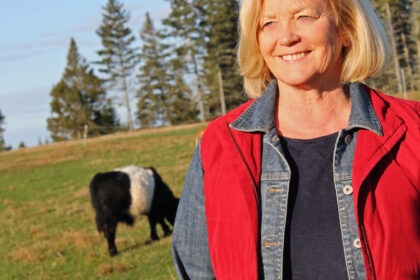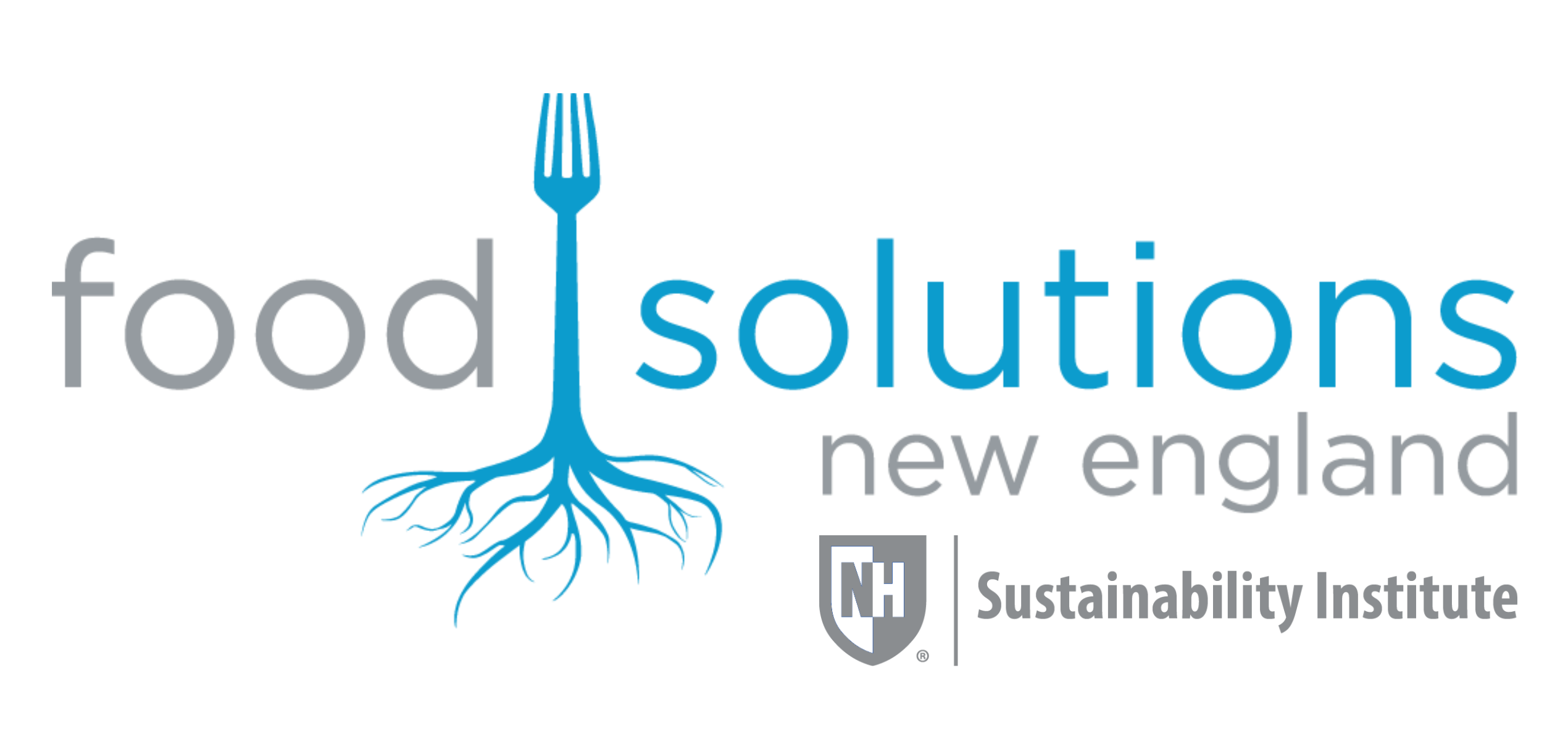
This interview by the Harvard Pilgrim Health Care Foundation originally appeared in their Healthy Food Fund News.
Congresswoman Chellie Pingree is a Democratic member of the United States House of Representatives, representing Maine’s 1st congressional district since 2009. In the current Congress, she sits on the powerful Appropriations Committee, serving on the Interior and Agriculture subcommittees.
Tell us your story.
I moved to Maine from Minnesota when I was a teenager in 1971. I was very interested in the back-to-the-land movement and had a copy of Helen and Scott Nearing’s “Living the Good Life” under my arm. I ended up living on an island off the Maine coast, North Haven, and it’s where I’ve called home ever since.
I went to College of the Atlantic and studied organic farming with Eliot Coleman. I also started to volunteer and work at the Maine Organic Farmers and Gardeners Association, helping to create their first-ever farmer apprenticeship program.
After college, I had three kids and started an organic farm at a time when it definitely wasn’t in the mainstream. We sold vegetables, eggs, milk, and raised some sheep. I started selling a little bit of yarn from the sheep at my farm stand, then some knitted items from other women on the island. It ended up becoming a knitting design company that employed 10 people.
After chairing the island school board, I got some encouragement to run for our State Senate seat (in a district where Democrats were the minority), and won in 1992. I served eight years in the Maine Legislature, with four years as Senate Majority Leader. I’m very proud of that, though was even prouder when my daughter, Hannah, went on to become Speaker of the House a few years later.
After my time in the Legislature, I went on to run the national organization Common Cause, a non-partisan citizens activist group.
I’ve represented Maine’s 1st District in Congress since I was elected in 2008. I served on the Agriculture Committee during the last reauthorization of the Farm Bill and now serve on the House Appropriations Subcommittee on Agriculture. Some of my proudest accomplishments in Congress have been passing reforms to support diversified farms and regional food systems and increase access to healthy, nutritious food for all Americans.
My love for farming hasn’t ended, though. Today, I own the Turner Farm as well as an inn and restaurant, Nebo Lodge, on North Haven.
There is a local food revival movement going on in New England, with a growing number of young farmers and families looking for fresh local food. What makes Maine stand out?
I’m very proud of all the gains our agricultural economy has made in recent years because of the local food movement. Maine is bucking trends when it comes to the increasing number of acres in cultivation and decreasing age of our farmers.
But there have been gains off the farm as well—it’s really evolving into a strengthened food system in our state. Restaurants are getting national attention for their innovative use of local ingredients. Institutions and retailers are buying directly from farmers on a much larger scale. Our state’s infrastructure to process and distribute food is growing. Also, our craft brewing industry is booming: there are over 90 breweries operating now in Maine with $150 million in sales—showing that people are interested in eating and drinking locally!
But we still have a lot of work to do: 60% of Maine farmers are over the age of 55, and over 400,000 acres of Maine farmland will be in transition. We also have processing and distribution needs as a food region, but I’m happy to be advocating for these issues and helping to find solutions in Washington.
Based on President Trump’s proposed budget, what do you see happening on the federal level around hunger and nutrition, and what are the possible implications for Maine and New England?
I’m very concerned with President Trump’s proposed 29 percent cut for USDA. I think those cuts could have some devastating impacts for rural communities, and they would eliminate some of the most effective programs for helping Maine farmers strengthen their business, like Value Added Producer Grants and the Renewable Energy for America Program. We’ve come so far in Maine and across the country with programs like the Farmers’ Market Promotion Program and the Food Insecurity Nutrition Incentive Program—a program that helps support Maine Harvest Bucks here in Maine and incentivize local purchasing of fruits and vegetables—I’d hate to see us go backwards.
Since I’m on the House Appropriations Committee, I’m glad to be in a position where I can fight against these proposals. And since hunger and nutrition programs are so crucial to my state—1 in 4 Maine children are food insecure—defending those programs will be one of my highest priorities.




